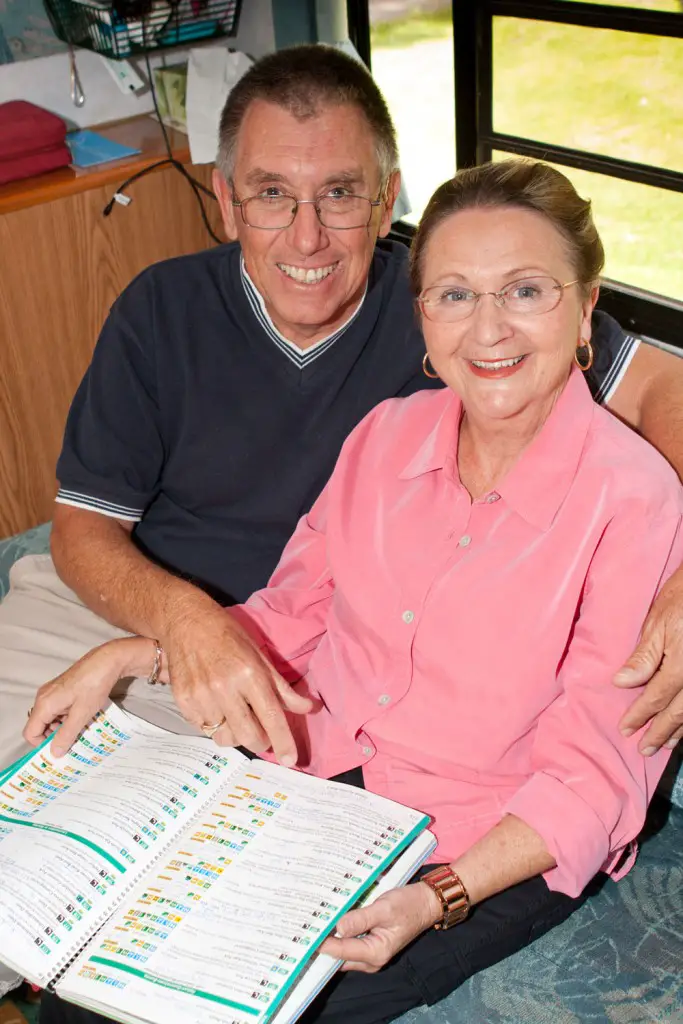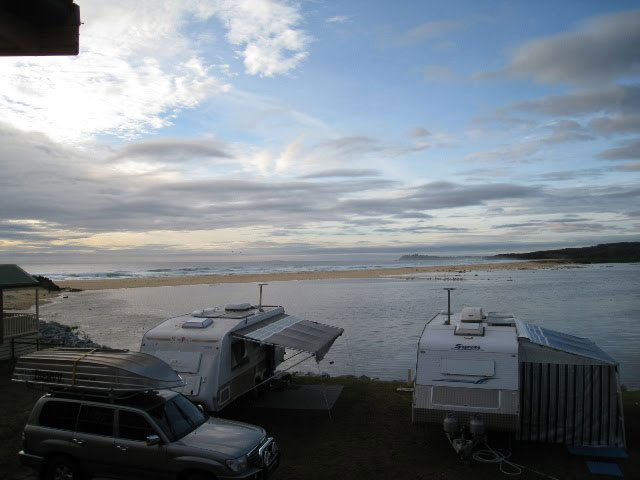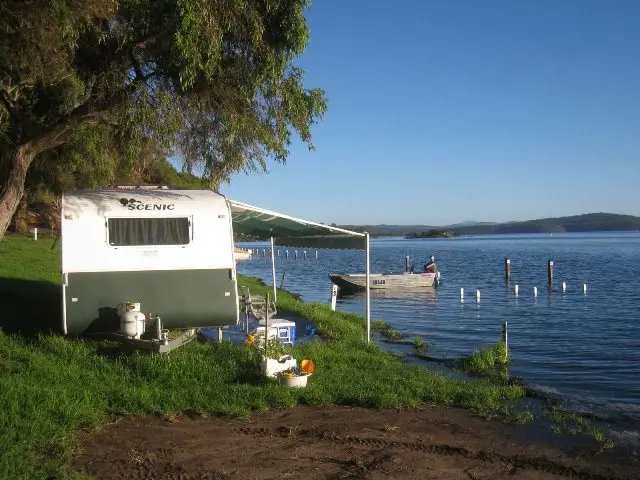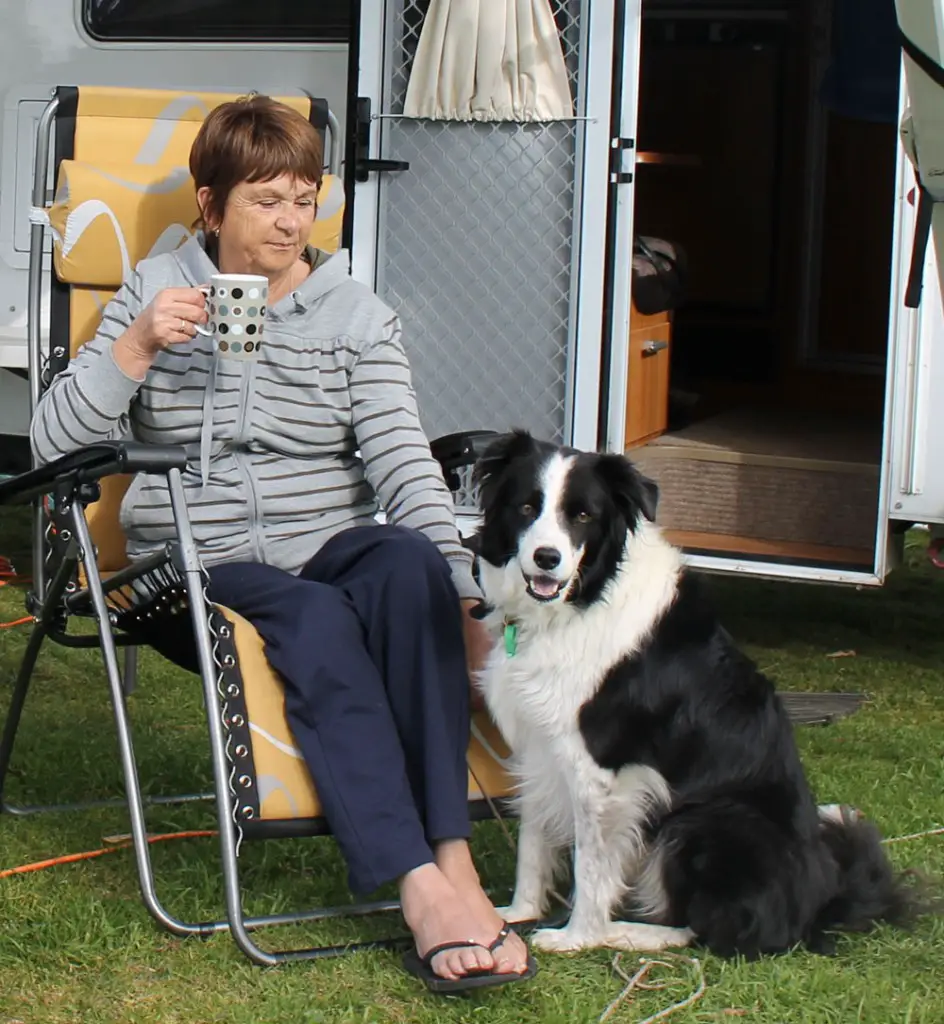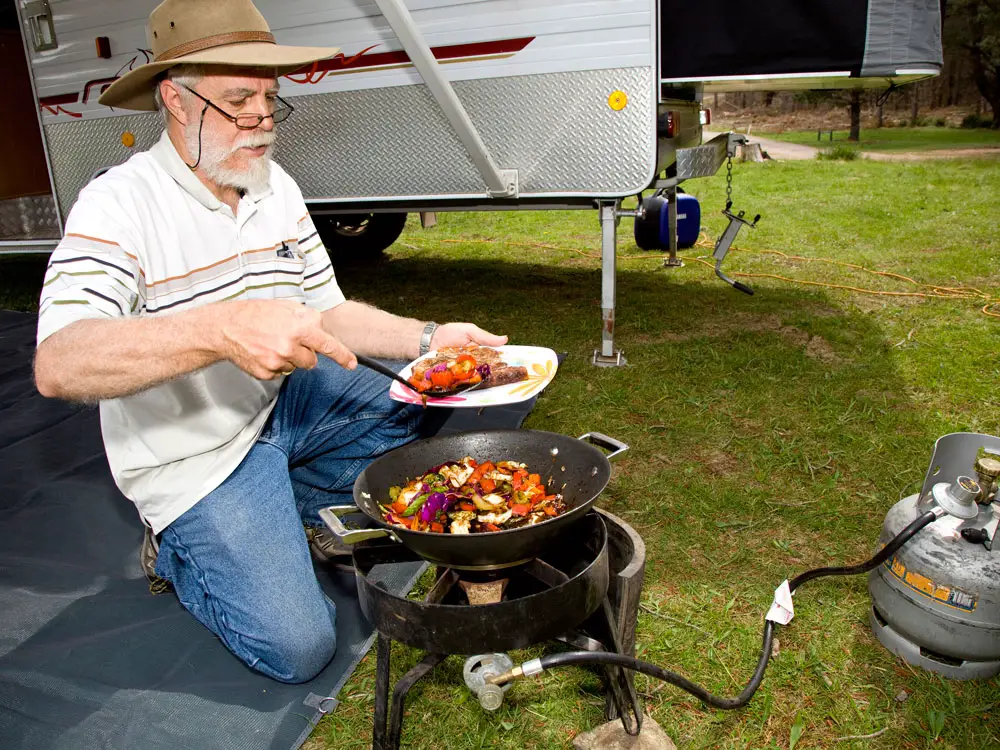Here are the top 10 tips for easy adventures, voted by the most experienced free campers out there – you!
Freedom camping is the ultimate lifestyle of independence that comes with a special sense of satisfaction and freedom. Free camping, as it is often referred to, is experiencing a surge in popularity, particularly because it allows you to avoid paying park fees which in turn gives budget-conscious RVers more money to spend on fuel, food and activities while on the road.
However, there is an art to successful free camping and being able to stay self-contained for prolonged periods provides many hurdles that require careful planning and consideration. We’ve had such an influx of freedom camping tips from you, our passionate readers, that we’ve felt compelled to compile 10 of the best into an article. Take these on board and they will enable you to not only have a more memorable and comfortable adventure, but hopefully a longer one too!
TIP 1: HAVE A PLAN BEFORE YOU LEAVE AND DON’T BE AFRAID TO ALTER IT AS YOU TRAVEL
Having a good plan is the most important tool to any free camping adventure, no matter how long or short. It will prevent you from driving around aimlessly for hours (costing you time and money) with your rig in tow looking for that perfect spot, only to find it’s a patch of dirt next to a highway. The reality is not every camp will be perfect but the more information you go armed with the more chance you have of striking free camping gold.
The internet provides an abundance of opportunities to gather information in your search for the best free camping spots and a good starting point is to look at forums and Facebook. There are many other websites and blogs teeming with advice, like the popular Wikicamps, and all are very active with experienced and novice free campers alike.
There are a number of low cost, must-have books that will be of monumental assistance, especially when you do not have access to the internet. The Camps Australia Wide 7th edition is an excellent guide to budget travel with over 3900 free and low cost spots listed. It’s definitely one you don’t want to leave home without! It also doesn’t hurt to carry an old fashioned map with you as it’s sometimes easier locating camps on maps than GPS units.
Whilst these resources will give you loads of useful information, tapping into truly spectacular spots is an art and involves talking to people who know them the best: locals! Consider yourself a detective when on the road and take every opportunity you can to talk with not just fellow campers but people in the towns you visit such as the local barista or publican. These people will be your eyes and ears and it doesn’t take much talking with them to get insider knowledge of those exciting and unique places you didn’t know existed.
TIP 2: TEST RUN YOUR FRIDGE AT LEAST A WEEK BEFORE YOU SET OFF
This may sound obvious, however, you will be surprised by the amount of stories we’ve heard at Happy Hour of excited free campers who have just headed off on their first adventure, only to find that their fridge was never running properly! In peak season it can take weeks for fridge mechanics to come by so avoid this situation by testing it before setting off. Turn your fridge on for a couple of days the week before you leave and check the temperature with a thermometer, otherwise that expensive sorbet you bought for dessert will be nothing but a yellow puddle by the time you’re ready to indulge. You should also use the week before to test any other appliances you may have too.
TIP 3: KEEP YOUR PETS UNDER CONTROL AND WATCH OUT FOR BAITS
A large majority of free camps are pet-friendly and travelling with pets can be a humbling experience, particularly when in isolated areas for prolonged periods of time, where they can also be good for the protection of your property.
However, when travelling in remote areas, be wary for baits. In many states and territories, councils use baits such as 1080 to control foxes, dingoes and other animals so keep an eye out for signage in the area or evidence of baits in your camp’s surroundings. One suggestion to protect your loved one from potentially eating or tasting bait whilst roaming with you is to bring a muzzle.
Packing a first aid kit for your pets and ensuring their vaccinations are up to up to date will help prevent some problems as well.
TIP 4: BABY WIPES
These are cheap, lightweight, and you will be surprised at how handy they become in saving water too. Bring a large quantity and use them to do things like cleaning or wiping down surfaces such as BBQs, for clearing spills, wiping hands and faces as well as dusting your car.
TIP 5: MANAGE YOUR WATER SUPPLIES VERY CAREFULLY
Not many free camps actually have fresh water supplies, in fact most don’t, and so don’t assume you will strike it lucky. With most common caravan water tanks holding around 80L, installing extra tanks on your vehicle or rig can come in handy (be careful not to exceed your GVM).
Booking into a paid site for one night a week is a great way to ensure water supplies don’t run out; but make sure when you return to your beloved free camping spot you return early before the good spots fill up!
Carrying a few extra jerry cans enables you to replenish your supplies whilst in town sightseeing, rather than towing your whole rig in with you and then all the way back.
Always carry a water purity tester ($10-$20 from your local hardware store) and ensure that you have good filters installed on board for times when bore or river water is your only resource. The tester will enable you to check for potential algae build ups and other bacteria.
If having longer, relaxing showers every day is high on your list of priorities, don’t worry as this is possible in many areas! An external 12V water pump comes in handy if camped near a river by enabling you to move water from a river into your rig or into collapsible water tanks.
TIP 6: GIVE A THIEF NO OPPORTUNITY TO MAKE YOUR PROPERTY THEIRS
Experienced free camper and forum participant Lauren Dale gave the following great advice on how to ensure you and your property are safe from harm. “If there are people at your free camp just ask them to look after your van while you go out, and offer to do the same for them. Most people are there in the same circumstance as you are. We have often watched other vans and have had ours looked after in this way.”
With phone reception unreliable in remote areas, investing in a satellite phone comes in handy if help is needed fast.
TIP 7: CARRY A VARIETY OF POWER SOURCES
For extended camping, having an ability to recharge your batteries through a variety of power sources will enable you to stay longer and be more comfortable at your destination.
Solar panels are great as they are neighbour friendly with no noise or pollution omissions (birds especially love this). They also act as battery chargers and can enable you to run a couple of appliances too, maybe even allowing you to watch your favourite TV show! Before getting solar panels make sure you do your homework to see if they van charge your battery, taking into account the draw of your daily appliances. Also make sure you have an inverter that can convert 12V to 240V. There are a broad range of portable and permanent solar panels on the market and if you can afford to have them installed on your roof instead of having portable panels, you will be preventing potential thieves from getting their hot hands on them.
As adverse weather can prevent solar panels from working, many free campers carry a generator and extra fuel as space allows.
TIP 8: ENSURE THAT YOUR TYRES AND BRAKES ARE ROADWORTHY
Often overlooked, tyres are probably the most important part of a caravan and tow rig as they control the safety, ride and handling. Off-road driving to get to free camps provides all sorts of new challenges to your tyres so make sure you check all of them for cracks or bald spots before you set off. If in doubt get a specialist to look at them first.
TIP 9: BATTEN DOWN THE HATCHES
The last thing you want is for windows to be coming loose and not realising until you are getting high-beamed from another motorist on the road. Shades can cost thousands of dollars so make sure they are locked down when you leave somewhere. Also don’t forget to lock the entry door; another item you don’t want to find blown off a couple of hundred kilometres later.
If you encounter any minor damage to the front window of your car from items such as rocks, carrying white latex based silicone and a paddle pop stick is a good idea to prevent further damage. Because many free camps require a bit of semi off-road driving to get to, damage to your vehicle’s glass is a greater threat. Being prepared in the bush can stop your trip from being unexpectedly cut short.
TIP 10: BE CAREFUL WHERE YOU DUMP YOUR GREY AND BLACK WATER
Knowing where to discard your grey and black water is a common problem and can be illegal if not done in the right way. Councils spend considerable amounts of money maintaining their free camping areas and by not disposing of your waste in the correct manner, you are putting the future of that spot in jeopardy. A further reason that staying in a caravan park for one night a week is a great idea is that you will be able to dispose of your grey and black water properly.
You can find out easily where approved dumping points are located in your Camps Australia Wide book as well as by checking with local councils and caravan parks.

